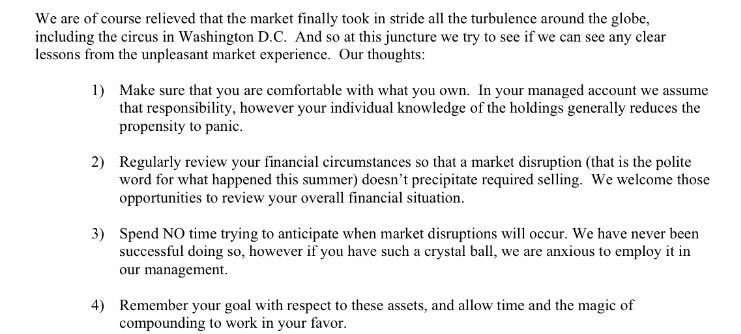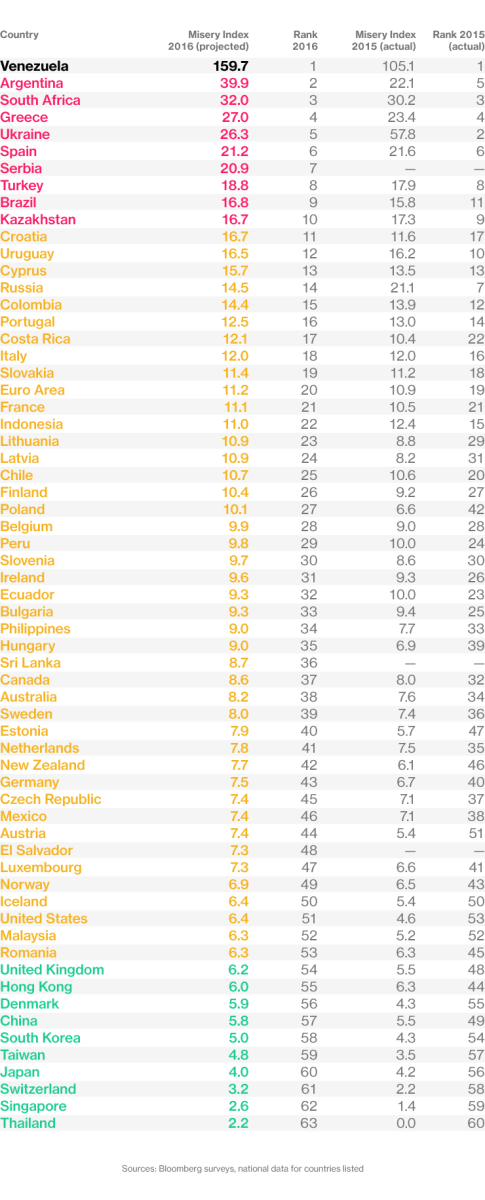
The Largest Companies by Market Cap


 “Your success as a trader at times hinges on your ability to conquer frustration. Frustration will always appear on the path toward greatness. Some will triumph over it, while others succumb to its pettiness. When you encounter obstacles on your trail toward achievement, remind yourself that they were placed there in order for you to overcome them, so you can learn from them and become better than you were before”
“Your success as a trader at times hinges on your ability to conquer frustration. Frustration will always appear on the path toward greatness. Some will triumph over it, while others succumb to its pettiness. When you encounter obstacles on your trail toward achievement, remind yourself that they were placed there in order for you to overcome them, so you can learn from them and become better than you were before”
 Discipline
Discipline Discipline alway is on top. Be accountable to yourself. Treat your money as if it was entrusted to you by whomever you most love, respect, fear… whatever works.
Have a reason to make every trade. Be able to verbalize that reason. As importantly, have a reason to exit a trade. You hear “cut your loses and let your winners run”….That is so true. I so often have seen traders get our of good positions because they have achieved their “target price” “target of profit”….I say this is bad thinking. If the trade REMAINS a trade you would put ON at the time you “achieve target”, why in the world would you take it off? To me, it is as important to have a reason to get out of a trade as to get in. Anyone can say to themselves they have a reason to exit a losing trade…”cut your losses”..Why then is it so hard for so many to have a real reason to get our of a winner?
It should be, and is, easy. It just takes DISCIPLINE. If you give back X% of your profit; if the market changes, if the group starts to get weak, whatever. You have to have your disciplines and stick to them. Make your own rules, and stay consistant to them.
I hope that all this typing can result in just one positive thought to just one person here. I have gone to so many “brainstorming” meetings in my career. I have listened to a million opinions, statements and arguments. I go though because I KNOW that if I pick up one single constructive thought I will have spent my time wisely. and believe me, they are few and far between. But I can remember single sentences said years ago in long boring meetings. Those senteces have added up to serve me well.
Timing should be easier for new traders to learn. Just be patient and buy or short at the price you pre-determine. Don’t chase.
Stock selection…this is a bit tougher. I could write a hundred pages on this issue. But not being so inclined, have standards. Volume, percent of average volume, relative strength, news, whatever you are comfortable with. Know what your quote provider can tell you other than quotes alone. Look for trades, but don’t be impulsive. Sometimes not making a trade is a great trade.
If you never trade, can you be a successful speculator?
If you cost average, and are disciplined, are you a successful speculator?
If you compound at 50% per year for 10 years, and then lose everything in an afternoon, are you a successful speculator?
If you lose everything in an afternoon, and then learn from your mistake, and then compound at 50% for the next 10 years, are you a successful speculator?
If you compound at 6% per year for 10 years, and never have a meaningful drawdown, are you a successful speculator?
If the risk free rate is 6%, and you are making 12%, are you a more successful speculator then if the risk-free rate is 0% and you are making 6%?
If you think you are a successful speculator, can you really be a successful speculator?
If you think you are not a successful speculator, can you be a successful speculator?
Who are the most successful speculators of the past 100 years? Who are the least successful speculators of the past 100 years?


But let’s use a couple of examples:
– trading: I buy a basket of stocks this morning with the intention of reselling before the close
– investing: I build a portfolio of stocks with the intention to keep it a relatively long time, because I think that these stocks value will increase due to whatever reason, growth, value, the economy…
I also like the following classification, which I believe comes from Minsky:
– Profits on the position neither depend on price variation of the asset, nor on cost of carry: I am investing.
– Profits do not depend on price variation, but only on positive carry: I am trading.
– Profit depend on price variation of the asset: I am speculating.
The example and the definition are not equivalent, but they give a rough idea of what trading is and what investing is. The border between both activities can be blurry. But if you invest, you do not need a market. You can buy a bond with the intention of holding it to maturity. If you trade, you need a market to close the trades.
